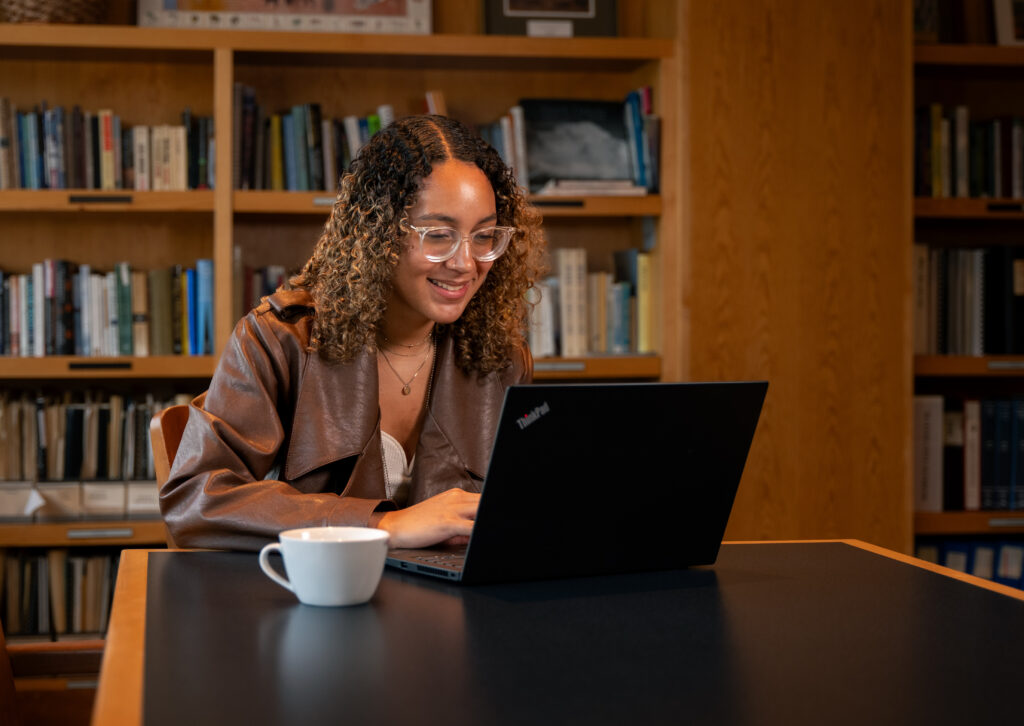
Amanda de Souza ’25, a political science and environmental studies major, spent her summer as an intern at the Minnesota-based chapter of The Nature Conservancy. Over the course of the summer, DeSouza took inventory of the chapter’s relationships with Indigenous groups in Minnesota and North and South Dakota as the organization hires its first Tribal Nations and Indigenous communities partnership director. Her internship was through the Chuck Green Fellowship, a program in the Political Science Department that provides funding and training for Macalester students to partner with local organizations. de Souza shared her experience with us.
Partnering at a pivotal time
During the summer, I had the opportunity to partner with The Nature Conservancy’s MNDK chapter, which encompasses Minnesota, North Dakota and South Dakota. I had the privilege of joining The Nature Conservancy’s work at a very special and important moment: hiring their first Tribal Nations & Indigenous communities partnership director.
The decision to hire someone for this new position was based on the need to further relationships with the Tribal Nations and center Indigenous voices in conservation work. As a Black Brazilian woman with Indigenous roots, being part of this journey was exciting, challenging, and extremely rewarding.
Work and impact
My work at The Nature Conservancy was entirely focused on tribal engagement. I designed a set of quantitative and qualitative questions and conducted interviews with staff in the chapter to craft an inventory of current tribal engagement. After collecting this data and gaining further insight into the work conducted in the chapter, I created a best practices guide around tribal engagement.
The guide is made of three sections: an introduction explaining the need for a guide and how it should be used; a list of ten things to remember when working with tribes, including historical information, outside resources and personal perspectives; and the location, contact, and other key information on each of the Tribal Nations present in Minnesota, North Dakota, and South Dakota. Furthermore, I wrote a ten-page report with detailed information on the work I conducted, including graphs and anonymous quotes from my interviews with staff.
Lastly, I shared my work with the chapter in a forty-five-minute virtual presentation followed by questions. Our hope is that this data can facilitate the work that will be conducted in the near future, with the hiring of the Indigenous partnerships director.
Reflections on the summer
Conducting work that is both challenging and meaningful was essential for my growth and development as an individual and professional. Over the summer, I also participated in other activities and initiatives, including developing a project that aimed to further anti-racist practices in public schools in Rio de Janeiro with funding from Davis Projects for Peace.
Managing my time was a difficult task and I am grateful for the support and understanding I received from my supervisor Eleanor Trenary, Professor Lesley Lavery, and the Chuck Green cohort.

December 7 2023
Back to top




